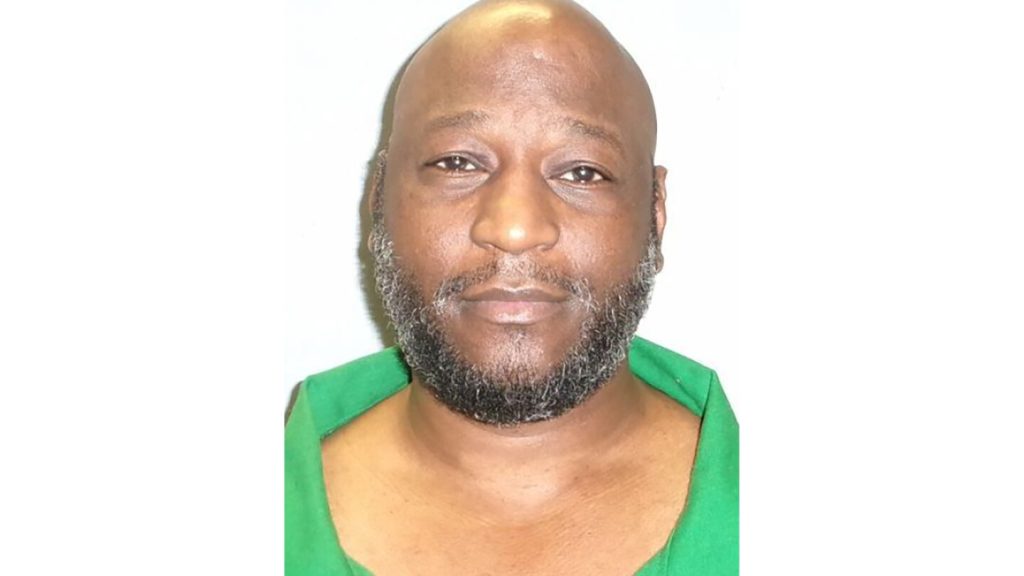South Carolina’s prisons director assured on Wednesday that the state has all the necessary resources for carrying out its first execution in over 13 years. Bryan Stirling confirmed that the state’s lethal injection drug is pure, the electric chair was tested recently, and the firing squad is trained and equipped for the task. This comes ahead of the scheduled execution of Freddie Owens on September 20, with Owens having the option to choose between the three methods of execution.
Owens’ lawyers have raised legal concerns regarding the execution process, prompting the state Supreme Court to request more information from Director Stirling. Owens, who has until September 6 to decide on his preferred method of execution, has given his power of attorney to his lawyer to make that decision on his behalf. Additionally, the state Supreme Court is reviewing whether Owens changing his name in prison could impact his decision-making capacity.
In his sworn statement, Stirling confirmed the purity and potency of the sedative pentobarbital that will be used for lethal injections, following testing by technicians. The state recently transitioned to using pentobarbital as the previous three-drug cocktail had expired. Stirling did not disclose further details about the drugs due to the state’s shield law, which protects the identity of the drug supplier and execution facilitators. The electric chair and firing squad have also been tested and are prepared for Owens’ execution.
Owens, convicted of killing convenience store clerk Irene Graves in 1997, has a history of violence, including killing his cellmate at the Greenville County jail. He allegedly confessed to the brutal murder of his cellmate, citing revenge for being wrongly convicted of murder as his motive. Despite ongoing legal battles and appeals, Owens faces the possibility of execution next month, with his fate ultimately resting in the hands of Governor Henry McMaster.
Governor McMaster, a former prosecutor, has not yet made a decision on whether to grant clemency to Owens. While acknowledging the seriousness of the crimes Owens committed, McMaster emphasized the importance of following the rule of law and respecting jury verdicts. South Carolina’s history of executions shows a lack of clemency being granted by governors, indicating a likelihood that Owens’ execution will proceed as scheduled. The state remains prepared to carry out the execution, pending final decisions from the court and the governor.


